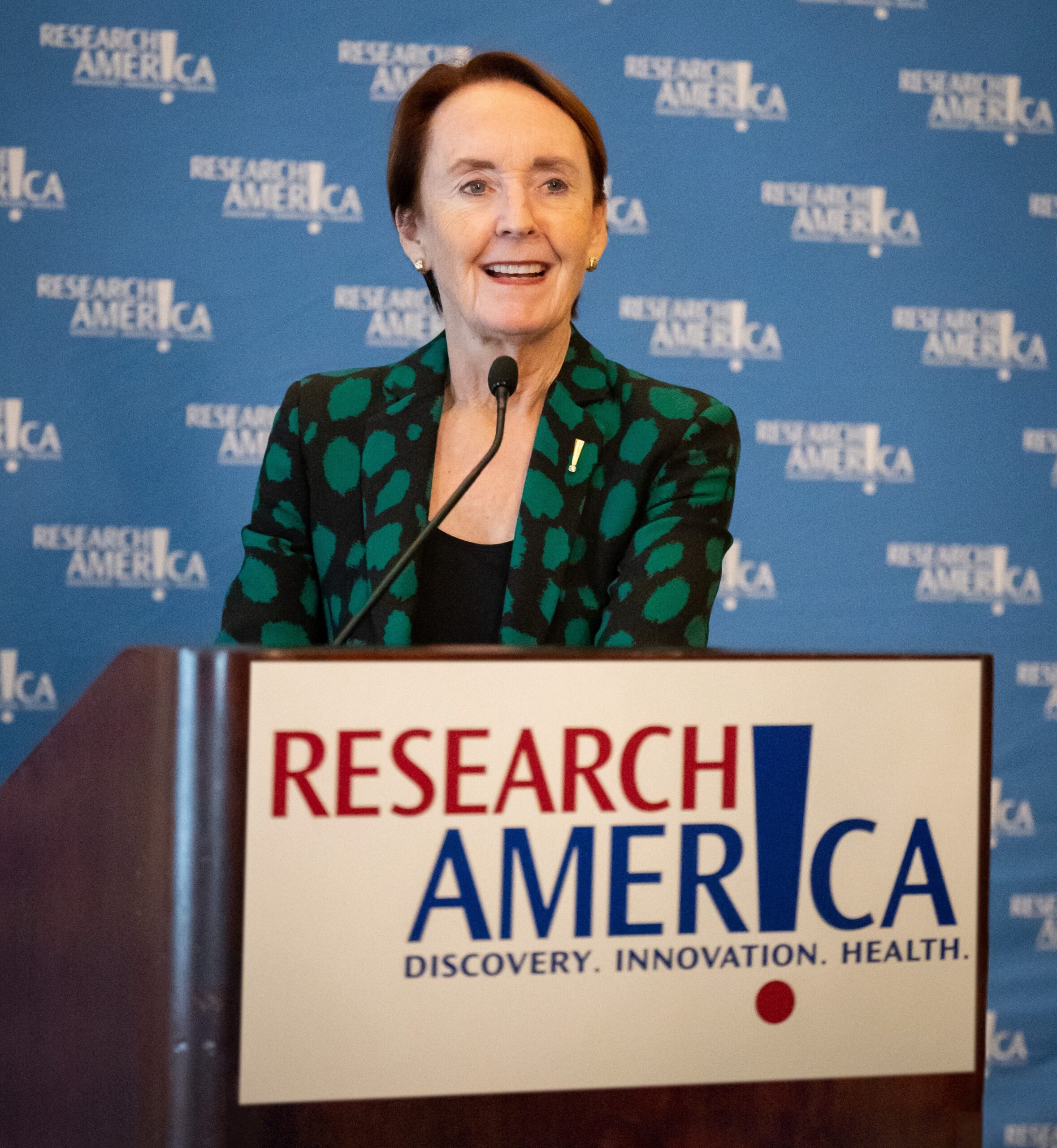Next Gen Researchers

How many degrees of separation are you from an early career researcher? Not many, I’ll bet, particularly if you think about the entire realm of research, public and private sector driven: from data scientists to bioengineers, to epidemiologists, to microbiologists, to physicists and mathematicians, to anthropologists, to economists, and the list goes on.
Next week we are holding the first (and very popular, based on registrations to date) of four weekly workshops open to all early career researchers, at no cost, thanks to generous sponsors. It’s a career tour featuring professionals who have translated STEM backgrounds into unique and interesting career paths that you may not expect! I hope you’ll take a moment to learn more about this and our other sessions and share our early career workshop registration far and wide. We’re not recording the sessions to ensure participants can share questions, insights, and concerns candidly with one another, so sign up and join in real time!
On the Hill: The House and Senate are in recess, with the appropriations process back in full swing next week. Take advantage of this time to plan out some high impact advocacy! The option of virtual congressional meetings makes it easier than ever to arrange a meeting with the health or appropriations staff of one or more of your representatives in Congress. (It still takes determination, but I know advocates have that!)
Here’s a version of our editable how-to resource designed to minimize the time you’ll need to prepare for a 10-15 minute, FY25 appropriations-focused meeting. We’ve also put together a new resource that features advocacy-relevant findings from a national public opinion survey we commissioned in January.
K-12 STEM Education: We don’t talk enough about the need to improve STEM education in K-12, but we should – for many reasons, including its role in cultivating the next generation of STEM researchers. As cited in the Science and Technology Action Committee’s (STAC) Science in America report, 69% of survey respondents from five sectors of the workforce, including defense and business, rate K-12 STEM education as fair or poor. We must do better. STAC has released a statement drawing attention to this key issue. STAC is also leveraging social media ads to highlight this and other challenges the U.S. must meet, but cannot, if we continue to under-invest in science and technology. Help amplify STAC’s posts on LinkedIn and Twitter/X.
NSF Launches STEM Teacher Initiative: Speaking of K-12 STEM education, NSF has just announced the launch of the National STEM Teacher Corps Pilot Program, an initiative that is the legacy of the late Jim Simons, inspired by his Math for America program. The new NSF program will establish regional alliances to strengthen and elevate the profile of the STEM educator profession. See information about submitting a proposal and informational webinars on the program.
NIH and the Future of Technology Transfer: During a House Science Committee Hearing on May 22, Rep. Tom Kean (R-NJ) engaged National Institute of Standards and Technology (NIST) Director Laurie Locascio on NIST’s proposed Bayh-Dole “March-In” framework. Based on the director’s response, no changes to the framework have been made to date as the agency works through the ~35,000 comments it received on this controversial guidance document.
What are the implications if the guidance stands as written? How does the NIH RFI on access plans fit in? More broadly, what are the anticipated costs and benefits of expanding NIH’s role to encompass product pricing and access? If you are with a Research!America alliance organization, register for a Zoom meeting (Friday, June 14, at 11 AM ET), during which we will navigate these complex questions together. (Diverse perspectives are welcome and appreciated!)
Big Bets against Global Threats: Since 2022, ARPA-H has been supporting “big bets:” high-risk, high-reward projects aimed at achieving major breakthroughs in the health arena. Please join us on June 4 at noon ET for an alliance discussion featuring Megan Frisk, PhD, director for International Affairs at ARPA-H, on how ARPA-H is working to find high-impact, novel solutions to society’s most challenging health problems. Register now.
ICYMI: Did you know that Sepsis is the leading cause of death and readmission and the No. 1 cost in U.S. hospitals? If you missed our eye-opening alliance discussion yesterday about this lethal threat and the research and advocacy working to defeat it, tune in now.
Last call for Nominations!: Tomorrow is the last day to submit nominations for Research!America’s 2025 Advocacy Awards! Help us identify individuals and organizations whose commitment to advocacy for research and innovation has advanced medical, public health, and scientific progress in profoundly important ways. Take a look at the award descriptions and submit your nominations now!
Stay well, stay safe, and stay connected.




